Filter by

Disclosing the world :on the phenomenology of language
A phenomenological conception of language, drawing on Heidegger, Merleau-Ponty, and Wittgenstein, with implications for both the philosophy of language and current cognitive science.In this book, Andrew Inkpin considers the disclosive function of language--what language does in revealing or disclosing the world. His approach to this question is a phenomenological one, centering on the need to a…
- Edition
- -
- ISBN/ISSN
- 9780262333955
- Collation
- 1 online resource
- Series Title
- -
- Call Number
- -
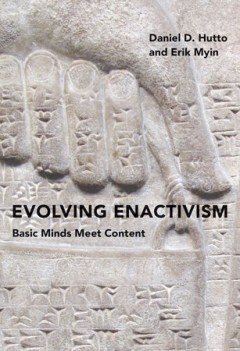
Evolving enactivism :basic minds meet content
Evolving Enactivism" argues that cognitive phenomena - perceiving, imagining, remembering -- can be best explained in terms of an interface between contentless and content-involving forms of cognition. Building on their earlier book Radicalizing Enactivism, which proposes that there can be forms of cognition without content, Daniel Hutto and Erik Myin demonstrate the unique explanatory advantag…
- Edition
- -
- ISBN/ISSN
- 9780262339773
- Collation
- 1 online resource (xxvi, 328 pages).
- Series Title
- -
- Call Number
- -
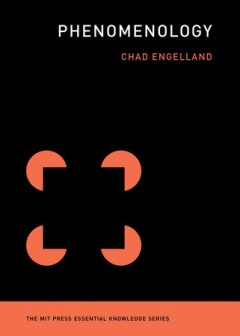
Phenomenology
"A short, reader-friendly introduction to perhaps the most influential philosophical school of the 20th century -- phenomenology"--OCLC-licensed vendor bibliographic record.
- Edition
- -
- ISBN/ISSN
- 0262359537
- Collation
- 1 online resource (xiv, 243 pages) :illustrations.
- Series Title
- -
- Call Number
- -
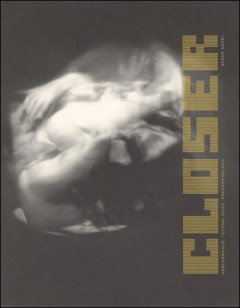
Closer :performance, technologies, phenomenology
Susan Kozel draws on live performance practice, digital technologies & the philosophical approach of phenomenology. She places the human body at the centre of explorations of interactive interfaces, responsive systems & affective computing, asking what is to be discovered as we become closer to our computers?OCLC-licensed vendor bibliographic record.
- Edition
- -
- ISBN/ISSN
- 9780262277563
- Collation
- 1 online resource (355 pages).
- Series Title
- -
- Call Number
- -
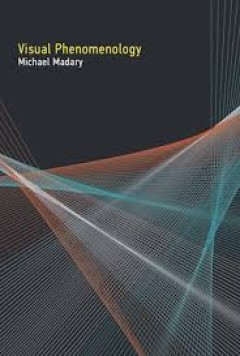
Visual phenomenology
"In this book, Michael Madary examines visual experience, drawing on both phenomenological and empirical methods of investigation. He finds that these two approaches--careful, philosophical description of experience and the science of vision--independently converge on the same result: Visual perception is an ongoing process of anticipation and fulfillment. Madary first makes the case for the de…
- Edition
- -
- ISBN/ISSN
- 9780262341783
- Collation
- 1 online resource (xii, 247 pages) :illustrations
- Series Title
- -
- Call Number
- -
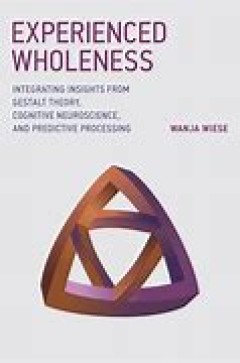
Experienced Wholeness: Integrating Insights from Gestalt Theory, Cognitive Ne…
An interdisciplinary account of phenomenal unity, investigating how experiential wholes can be characterized and how such characterizations can be analyzed computationally. How can we account for phenomenal unity? That is, how can we characterize and explain our experience of objects and groups of objects, bodily experiences, successions of events, and the attentional structure of consciousness…
- Edition
- -
- ISBN/ISSN
- 9780262343275
- Collation
- 1 online resource
- Series Title
- -
- Call Number
- -

Being and neonness
A cultural and philosophical history of neon, from Paris in the twentieth century to the perpetually switched-on present day. For most of us, the word neon conjures images of lights, colors, nightlife, and streets. It evokes the poetry of city nights. For Luis de Miranda, neon is a subject of philosophical curiosity. Being and Neonness is a cultural and philosophical history of neon, from early…
- Edition
- Revised and adapted by Luis de Miranda
- ISBN/ISSN
- 9780262353052
- Collation
- 1 online resource (136 pages).
- Series Title
- -
- Call Number
- -
 Computer Science, Information & General Works
Computer Science, Information & General Works  Philosophy & Psychology
Philosophy & Psychology  Religion
Religion  Social Sciences
Social Sciences  Language
Language  Pure Science
Pure Science  Applied Sciences
Applied Sciences  Art & Recreation
Art & Recreation  Literature
Literature  History & Geography
History & Geography